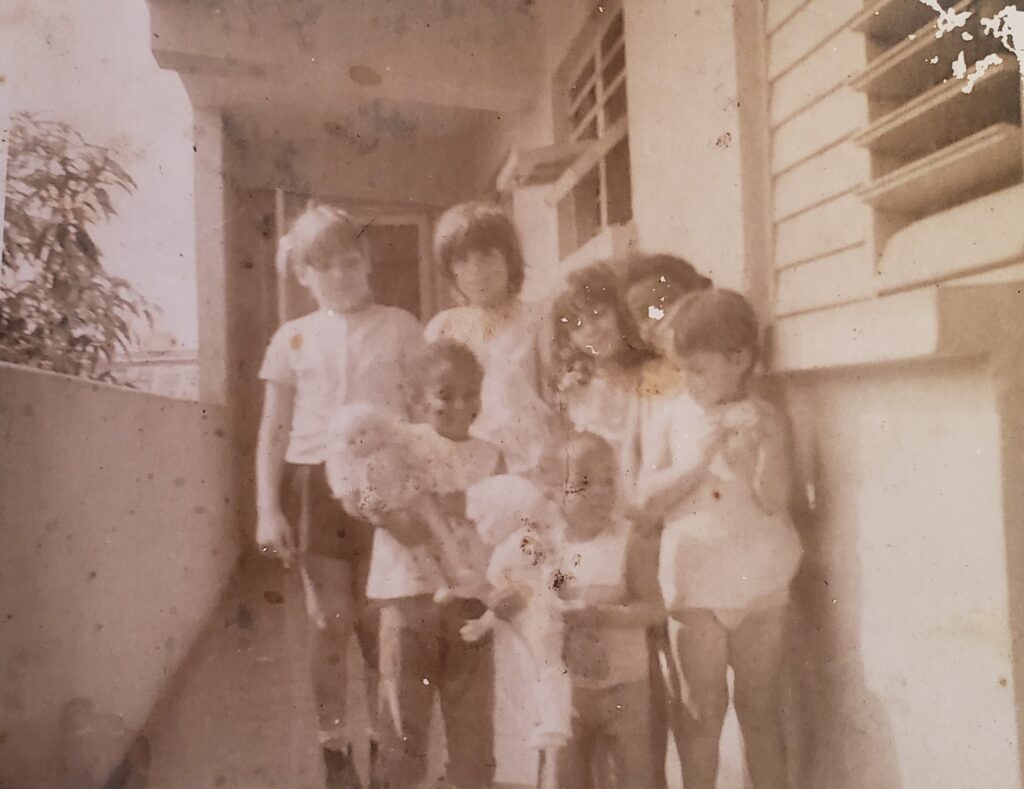
By Verónica Vega
HAVANA TIMES – In Cuba of the 1970s, there were no videocassette recorders, computers, or recording devices… Each moment was irreversible, like in life.
My sisters and I watched cartoons in a hallway, peeking through the door of a neighbor. Thanks to the fact that fans were a luxury at that time, many doors remained open to let the air circulate. When our legs hurt from standing, the owner of the apartment noticed our presence and allowed us to come in. We murmured our thanks and settled on the floor. To be able to sit and watch a cartoon, even in black and white, oh, that was happiness!
I remember that when I finally saw Zeffirelli’s “Romeo and Juliet” in the cinema, I felt an emotion I didn’t expect: almost a sense of disappointment. As if the colors stripped the image of something very essential.
And I experienced this strange feeling of having been deceived when I visited the United States in 2019 and reunited with relatives I hadn’t seen in decades.
“Is this it?” I wondered. “So much waiting, imagining, believing it was unattainable, and now we’re sitting, sharing a meal, all the people I only knew from photos, older?”
No, it should have happened before, much earlier. Perhaps in 1980, when my father was given the false news that we had arrived with the Mariel boatlift, and he was desperately searching for us.
But what has the power to disrupt events like this? Karma, destiny, a government?
What causes an entire country to lose the progress it had gained over centuries: seeing everything in black and white, not hearing the voice of a father until seven years later, from a public phone booth in a hotel.
The world beyond the horizon, with its dizziness and lights, w


